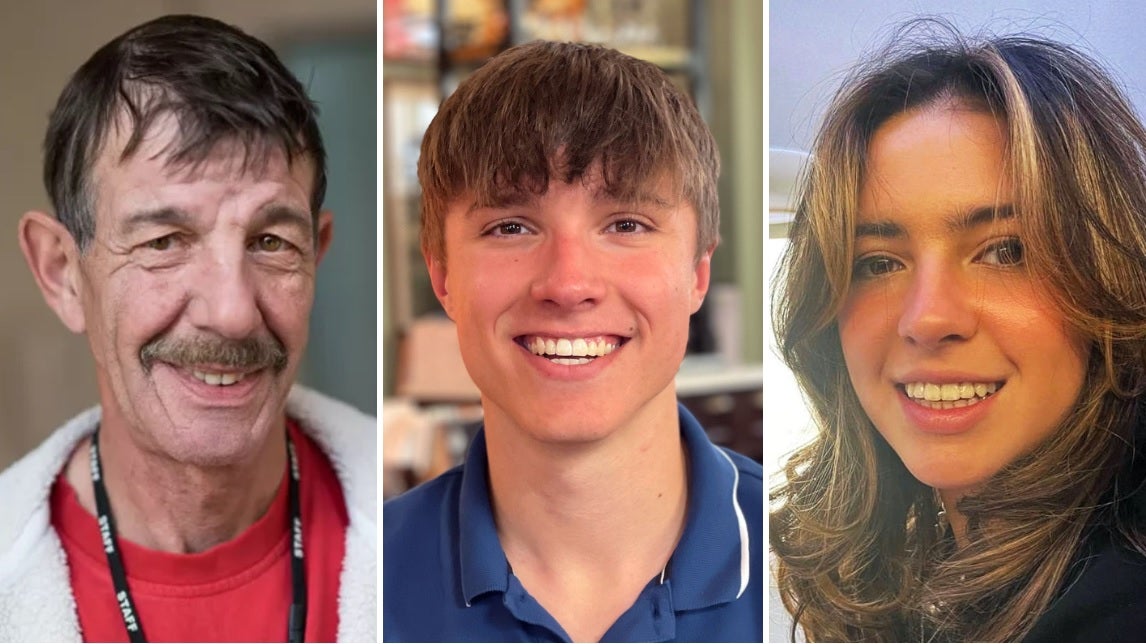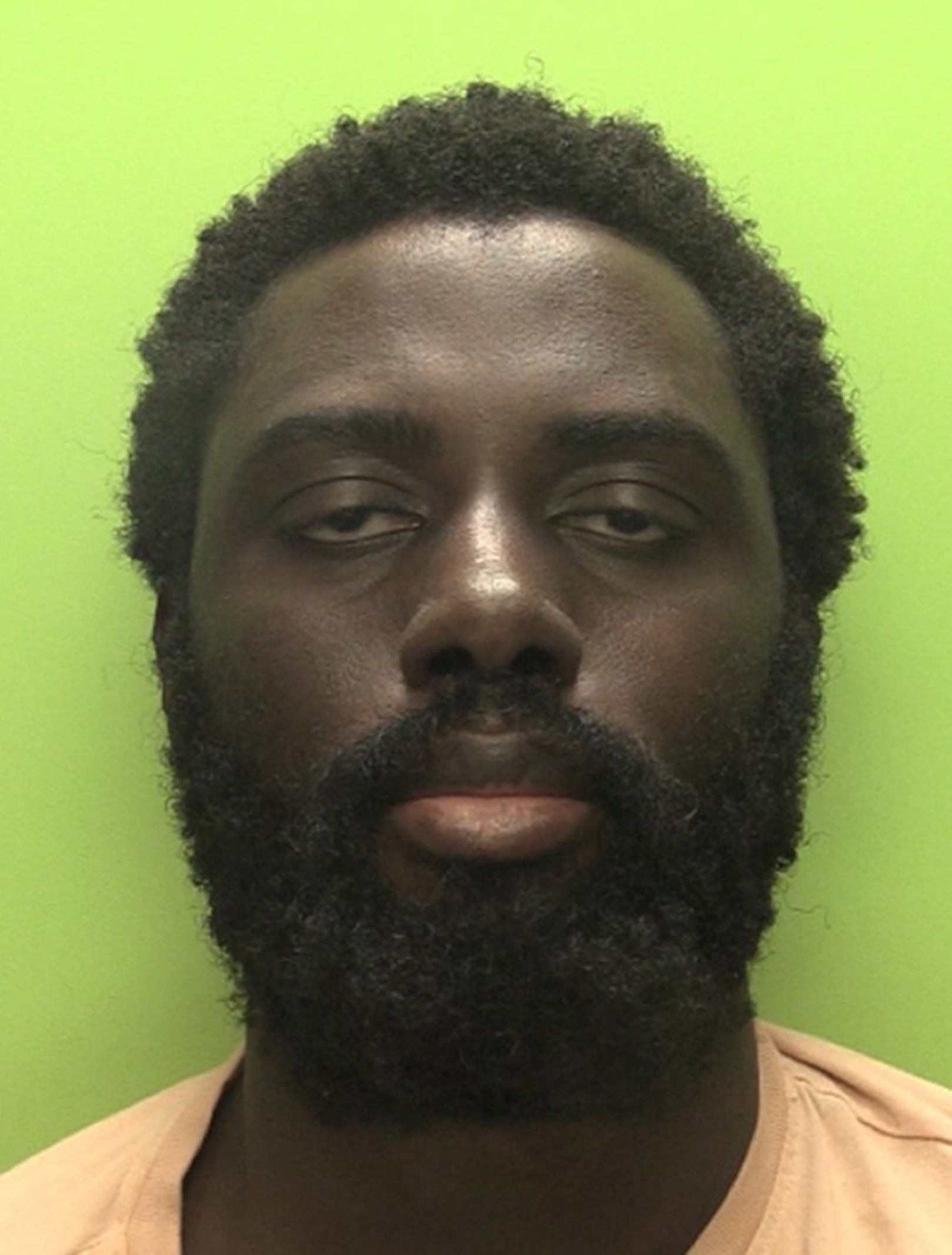Triple knife killer Valdo Calocane was not forced to take long-lasting antipsychotics because he did not like needles, a damning report outlining a litany of failings in his care has revealed.
The independent investigators also found 15 other incidents where patients cared for by the mental health trust involved in Calocane’s treatment also committed “extremely serious” acts of violence, including one patient stabbing five people over the course of a weekend just months before Calocane carried out his attacks.
The shocking findings were revealed following an about-face by NHS England (NHSE), after the organisation initially refused to release the full report on the grounds that it would breach Calocane’s privacy.

Calocane, who has paranoid schizophrenia, killed 19-year-old students Barnaby Webber and Grace O'Malley-Kumar and 65-year-old caretaker Ian Coates before attempting to kill three other people in a spate of attacks in Nottingham in June 2023.
The 300-page report into his care before the killings detailed two years of Calocane’s violent and disturbing behaviour, which included holding his flatmates “hostage”, punching a police officer in the face, and frightening a neighbour so much she jumped out of a first-floor window, sustaining a serious back injury.
NHS England (Midlands) said that, from the report, “it was clear the system got it wrong” in respect of Calocane’s care.
In 2024, prosecutors accepted Calocane’s pleas of not guilty to charges of murder, after medical evidence showed he had paranoid schizophrenia. He was later convicted of manslaughter by reason of diminished responsibility, as well as attempted murder.
The new report found that the risks Calocane posed to the community were “not fully understood, managed, documented or communicated”, and that experts as well as those with lived experience suggested that the problem was “not isolated to this case”.
The report also found that:
In a further indictment of the trust involved in his care, the investigation also found that between 2019 and 2023, there were 15 incidents involving patients who, either while under the care of Nottinghamshire Healthcare NHS Foundation Trust or after being discharged, had “perpetrated serious violence towards members of the community”.

Most of those separate incidents involved stabbings, and three cases involved death.
“Most notably, in February 2023 there was an incident where a patient in receipt of mental health services from Nottingham Healthcare NHS Trust was arrested for stabbing five people over the course of a weekend,” the report said.
NHSE had initially planned to make a summary of the report available later this week but to keep the full investigation confidential, citing “data protection legislation relating to patient information”.
That decision prompted anger from the victims’ families, who urged NHSE to publish the findings in full, saying it was “very much in the public interest and in the interests of safety to do so”.
On Wednesday, NHSE performed a U-turn, releasing the full independent investigation conducted by Theemis Consulting, and said it was reviewing the way it approaches the publication of such reports.
Dr Jessica Sokolov, regional medical director at NHS England (Midlands), said: “It’s clear the system got it wrong, including the NHS, and the consequences of when this happens can be devastating.
“This is not acceptable, and I unreservedly apologise to the families of victims on behalf of the NHS and the organisations involved in delivering care to Valdo Calocane before this incident took place.”
Claire Murdoch, NHS England’s national mental health director, said the organisation’s thoughts were with the families of Mr Webber, Ms O’Malley-Kumar and Mr Coates, and that the NHS was “determined to do everything possible” to improve the way people with serious mental illness are treated.
“It is clear there were failings in the care provided to Valdo Calocane, which is why the trust responsible was placed in our highest oversight and support programme, which has seen them overhaul their risk assessment processes,” she said.
“Nationally, we have asked every mental health trust to review these findings and set out action plans for how they treat and engage with people who have a serious mental illness, including how they work with other agencies such as the police. And we’ve instructed trusts not to discharge people if they do not attend appointments.
“The next stage of transformation of services for those with the most serious illnesses is the trialling of mental health centres, open 24/7 from this spring and providing people and their families with support if they are in crisis without needing to book an appointment – as well as provide housing or employment advice to support them to stay well.”
With additional reporting by PA







